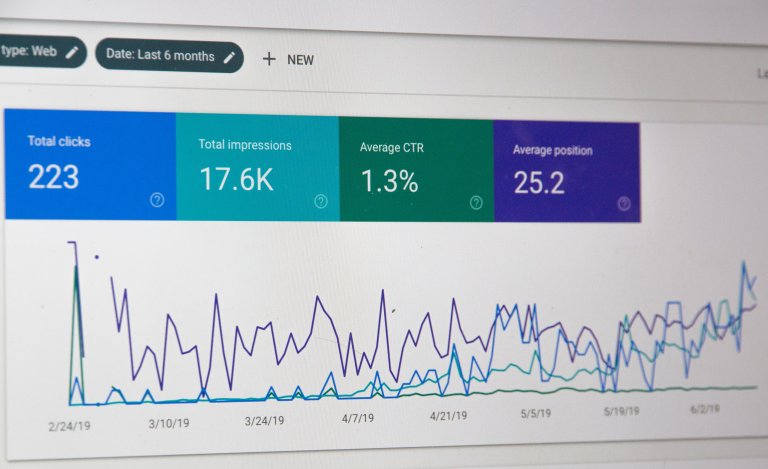Acquiring Good Finance
Managing finances effectively is essential for individuals, families, and businesses of all sizes. However, acquiring good finance can be a challenging and complex process. It requires careful planning, budgeting, and understanding of financial terms and tools. In this article, we will explore the steps one must take to acquire good finance and the tools and resources available to achieve financial stability.
Step 1: Assess Your Current Financial Situation
The first step in acquiring good finance is to assess your current financial situation. This involves taking a close look at your income, expenses, assets, and debts. It is essential to have a clear understanding of your financial standing before making any financial decisions.
One way to assess your finances is by creating a budget. A budget is a valuable tool that provides an overview of your income and expenses. It helps you identify areas where you can cut back on unnecessary spending and allocate funds towards your financial goals.
In addition to creating a budget, it is also important to review your credit report. Your credit report provides a detailed history of your credit usage and payment habits. It is essential to review your credit report for any errors or discrepancies that may affect your credit score.
Step 2: Determine Your Financial Goals
After assessing your current financial situation, the next step is to determine your financial goals. Having clear, achievable financial goals can help you stay focused and motivated to make positive financial decisions.
Financial goals can be short-term or long-term, depending on your needs and priorities. Short-term goals may include paying off credit card debt or saving for a vacation, while long-term goals may include buying a home or planning for retirement. It is important to prioritize your goals and develop a plan to achieve them.
Step 3: Explore Different Sources of Finance
There are various sources of finance available, and the key is to find the one that best suits your needs and financial goals. Some common sources of finance include:
Savings Accounts
Savings accounts are one of the most common sources of finance. They are low-risk and offer a small interest rate, but they provide easy access to your funds.
Certificate of Deposit (CD)
A CD is a low-risk savings tool that offers a higher interest rate than a traditional savings account. However, your money is locked in for a specific period, ranging from a few months to several years.
Investment Accounts
Investment accounts, such as stocks, bonds, and mutual funds, offer higher returns but also come with higher risks. It is essential to research and understand the different investment options before investing.
Credit Cards
Credit cards can be a useful source of finance if used responsibly. They offer a line of credit and rewards for purchases, but it is important to make timely payments to avoid high-interest fees.
Loans
Loans, such as personal loans, home loans, and student loans, provide a lump sum of money that must be paid back with interest. It is important to carefully review the terms and conditions of a loan before borrowing.
Step 4: Develop a Financial Plan
Once you have identified your financial goals and explored different sources of finance, the next step is to develop a financial plan. A financial plan outlines specific action steps to achieve your goals and manage your finances effectively.
Your financial plan should include a budget, a savings plan, and a debt management plan. It is essential to regularly review and adjust your financial plan based on changes in your income, expenses, and financial goals.
Step 5: Seek Professional Financial Advice
Managing finances can be overwhelming, especially when dealing with complex financial matters. Seeking professional financial advice can provide valuable insights and guidance on how to acquire good finance.
Financial advisors can help you develop a personalized financial plan based on your goals and interests. They can also provide guidance on investments and other financial decisions, helping you achieve your financial goals effectively.
Conclusion
Acquiring good finance requires careful planning, discipline, and understanding of financial terms and tools. By assessing your current financial situation, setting clear financial goals, exploring different sources of finance, developing a financial plan, and seeking professional financial advice, you can achieve financial stability and make positive financial decisions for the future.


